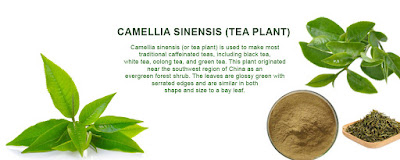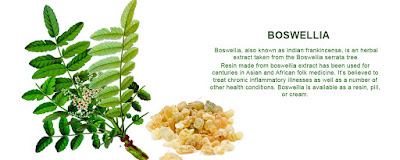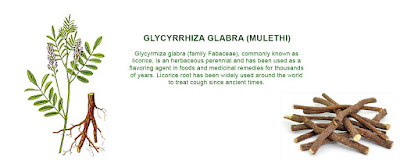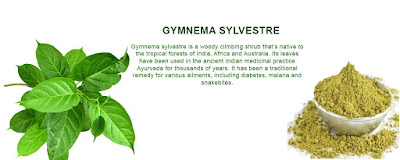Garcinia cambogia: Popular weight loss supplement

It is derived from a fruit of the same name, also called Garcinia gummi-gutta or Malabar tamarind. The peel of the fruit contains high amounts of hydroxycitric acid (HCA), which is the active ingredient believed to be responsible for most of its weight loss benefits. What Is Garcinia Cambogia? Garcinia cambogia is a small, pumpkin-shaped, yellow or greenish fruit. The fruit is so sour that it is generally not eaten fresh but rather used in cooking. Garcinia cambogia supplements are made from extracts of the fruit’s peel. The peel of the fruit contains high amounts of hydroxycitric acid (HCA), an active substance that has been shown to have some weight loss properties. Can Cause Modest Weight Loss Many high-quality human studies have tested the weight loss effects of garcinia cambogia. What’s more, most of them indicate that the supplement can cause a small amount of weight loss. On average, garcinia cambogia has been shown to cause weight loss of about 2 pounds (0.88 ...







